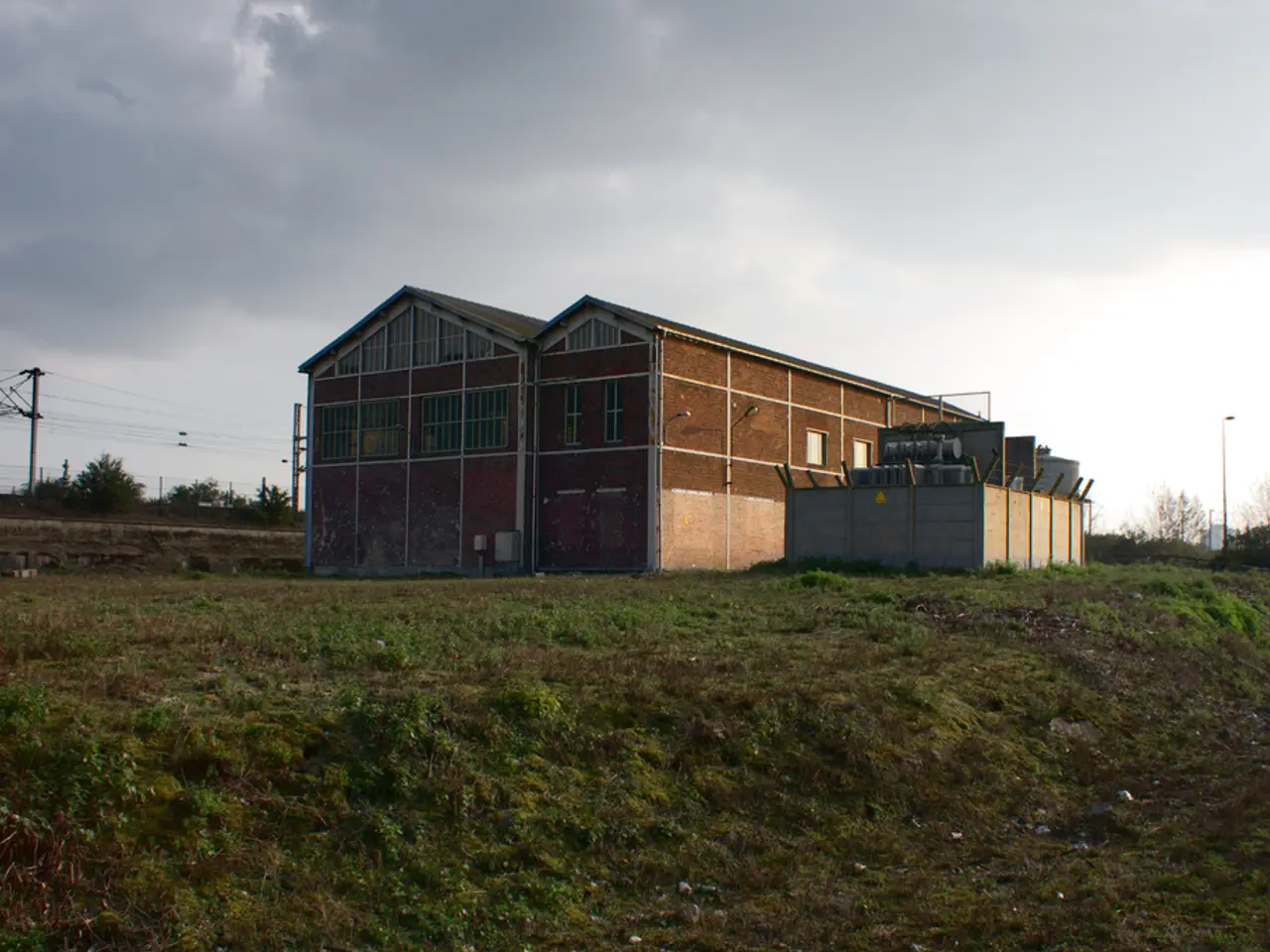Homicide Case of Afghani Brother Against Brother Heads to Hanauer Regional Court - Homicide Case in Hanauer District Court of Afghanistan: Brother's Slaying Under Investigation
The Hanau Regional Court is set to commence a landmark trial on July 17, involving a suspected brother murder from Afghanistan. Despite diplomatic relations between Germany and Afghanistan being severely restricted since the Taliban takeover, the trial will proceed under the provisions of the German Criminal Code.
The accused, a 69-year-old man who last resided in Hanau, Germany, is charged with murder following a shotgun blast to the head. He has been in custody since January, after a year-long investigation that began with a complaint filed in Germany.
The trial will be exceptional, as it involves a case from Afghanistan being tried in Germany. This is a case of "substitute criminal justice," a practice that allows German courts to exercise their jurisdiction over crimes committed outside their territory but affecting German interests or involving German nationals.
Germany's legal system is equipped to handle such cases, relying on its domestic jurisdiction and principles of universal jurisdiction where applicable. The court proceedings will proceed under German criminal law without the need for direct cooperation with Afghan authorities.
Public Prosecutor Lisa Urff explained the trial as a case of "substitute criminal justice." She noted that, typically, offenses and crimes are prosecuted and tried in the courts responsible for the respective crime scenes. However, in cases where extradition, mutual legal assistance, or direct cooperation with foreign states is not feasible, German courts proceed with investigations and trials independently.
The German courts apply their own criminal code to try such cases, including those involving foreign nationals or incidents involving family members from abroad. The indictment against the accused is based on the aggravating factors of premeditation and trivial motive.
The alleged murder occurred in the Afghan province of Kandahar in October 2015. An eyewitness to the crime is said to be in Germany, and their testimony will play a crucial role in the trial.
The trial's exceptional nature lies in its reliance on an exceptional provision in the German Criminal Code, which allows for the trial to take place in Hanau Regional Court. This provision enables German courts to exercise jurisdiction when the case involves a German national, regardless of where the crime was committed.
In summary, despite restricted diplomatic relations with Afghanistan, the German legal system handles substitute criminal justice cases such as the brother murder trial in Hanau by fully exercising its domestic criminal jurisdiction, independently investigating and prosecuting the alleged crimes according to German law and procedure without depending on Afghan cooperation.
- The trial, scheduled to start on July 17, in Hanau Regional Court, represents an unusual case of "substitute criminal justice" in EC countries, as it involves a crime committed in Afghanistan against a German national, showcasing the flexibility of German employment policy in handling such complex cases.
- The exceptional nature of the trial, which centers on a murder case from Afghanistan being tried in Germany, sheds light on the broad application of German criminal policy, encompassing universal jurisdiction and the ability to try cases involving foreign nationals or crimes committed abroad.







